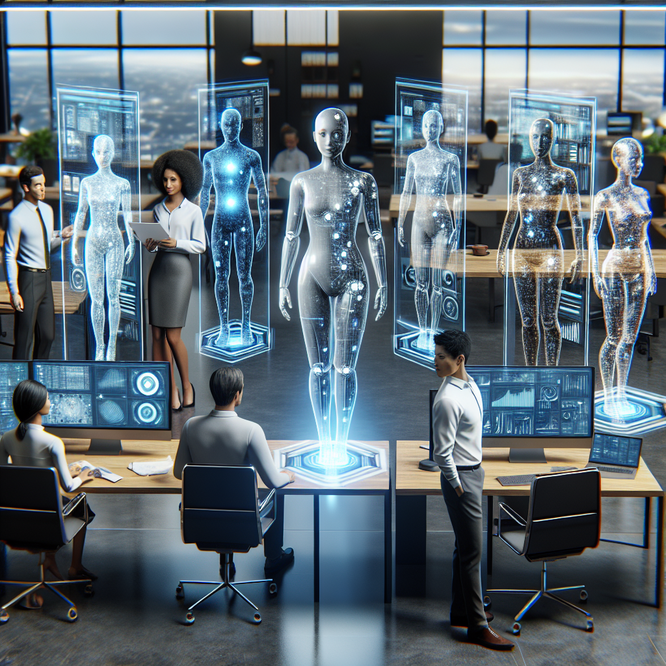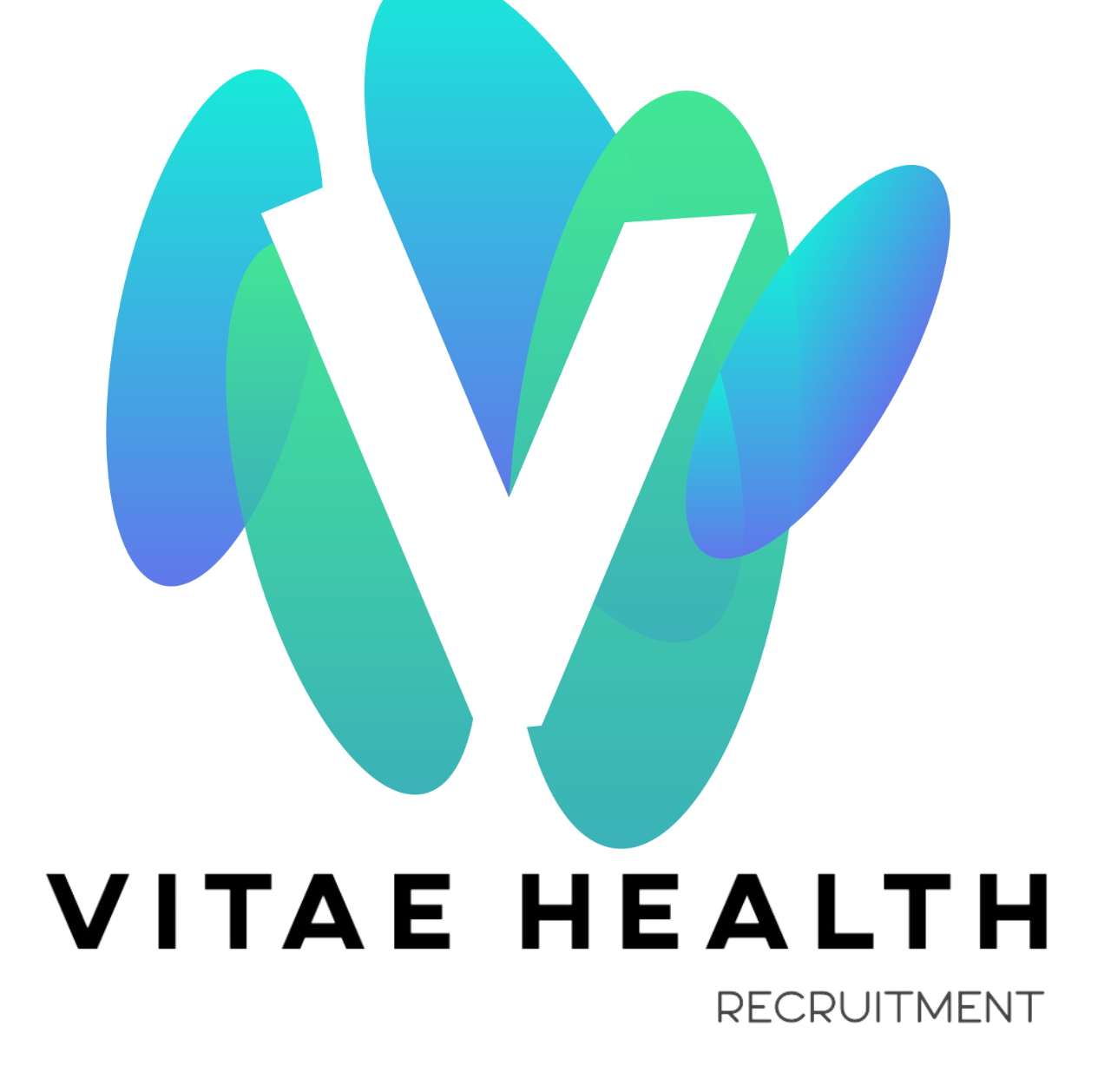
“`html
AI Agents: The Future Chief of Staff for HR Professionals
The transformative power of Artificial Intelligence is sweeping across industries, and Human Resources is no exception. As Salesforce futurist predicts, HR leaders soon may find an AI agent as their Chief of Staff. But what does this mean for the day-to-day operations and future of HR? Let’s explore how AI-powered agents are reshaping HR roles and the workplace landscape.
The Role of AI Agents in HR
AI agents are not just a vision of the future anymore; they are becoming an integral component of modern workplaces. Here’s how AI agents complement HR functions:
Streamlining Administrative Tasks
HR departments are often weighed down by repetitive administrative tasks. Here’s where AI steps in:
- Automated Scheduling: AI can efficiently handle meeting schedules and reminders, freeing up time for HR professionals to focus on strategic initiatives.
- Efficient Data Management: AI can organize and analyze large volumes of employee data, providing insights and streamlining HR processes.
Enhancing Recruitment Processes
In recruitment, AI serves as an ally to HR professionals:
- Resume Screening: AI can quickly sift through numerous resumes to identify the best candidates based on specific criteria.
- Interview Scheduling: AI-powered agents can arrange interview slots, ensuring a seamless experience for both candidates and HR staff.
Improving Employee Engagement
Ensuring engagement and satisfaction in the workforce is crucial. AI contributes by:
- Personalized Employee Support: AI can provide quick answers to employee queries and offer personalized support.
- Feedback Analysis: AI tools can analyze employee feedback and sentiments, helping HR to identify areas for improvement.
The Benefits of AI as a Chief of Staff
AI’s role transcends beyond routine tasks, positioning itself as a strategic partner:
Decision-Making Support
AI agents can provide real-time analytics, aiding HR leaders in making informed decisions. They digest vast amounts of data, present patterns, and provide recommendations for strategic planning.
Boosting Efficiency and Productivity
With AI agents taking over routine tasks, HR teams can allocate their time to value-driven and strategic activities. This shift not only boosts productivity but also enhances job satisfaction.
Cost Reduction
AI implementation can significantly reduce costs by automating processes and minimizing errors. The financial resources saved can be channeled towards other critical areas such as employee development and benefits.
Challenges and Considerations
Despite the benefits, integrating AI as a Chief of Staff poses challenges.
Data Privacy and Security
HR leaders must ensure robust data protection measures are in place, given the sensitive nature of employee information handled by AI systems.
Change Management
Introducing AI requires a mindset shift. HR professionals should embrace continuous learning and adaptation to work effectively alongside AI systems.
Ethical Implications
AI implementation also brings ethical considerations, particularly in areas like decision-making and fairness. Transparency and accountability must be upheld to prevent biases and ensure equitable workplace practices.
The Future of HR with AI
The role of HR is evolving, and AI is a significant catalyst in this transformation. Here’s what the future may hold:
Hybrid Workforce Dynamics
As AI agents take on more tasks, the dynamics of the workforce will shift towards a hybrid model, where humans and AI collaborate seamlessly.
Enhanced Employee Experience
AI agents can offer a more personalized and responsive employee experience, touching every aspect from onboarding to professional development.
Proactive Workforce Management
With AI analytics, HR can adopt a proactive approach to workforce management, anticipating changes, and responding effectively to shifting needs.
Conclusion
Embracing AI as a Chief of Staff is not just an innovative choice but a pathway to transforming HR into a more strategic and efficient function. With the right approach to integration, HR leaders can unlock new potential within their organizations and shape a future-oriented workforce. While challenges remain, the benefits of AI illustrate a promising evolution in the HR landscape. As technology advances, the role of AI will only grow, forging new pathways towards a smarter and more dynamic work environment.
“`

“`html
AI Agents: The Future Chief of Staff for HR Professionals
The transformative power of Artificial Intelligence is sweeping across industries, and Human Resources is no exception. As Salesforce futurist predicts, HR leaders soon may find an AI agent as their Chief of Staff. But what does this mean for the day-to-day operations and future of HR? Let’s explore how AI-powered agents are reshaping HR roles and the workplace landscape.
The Role of AI Agents in HR
AI agents are not just a vision of the future anymore; they are becoming an integral component of modern workplaces. Here’s how AI agents complement HR functions:
Streamlining Administrative Tasks
HR departments are often weighed down by repetitive administrative tasks. Here’s where AI steps in:
- Automated Scheduling: AI can efficiently handle meeting schedules and reminders, freeing up time for HR professionals to focus on strategic initiatives.
- Efficient Data Management: AI can organize and analyze large volumes of employee data, providing insights and streamlining HR processes.
Enhancing Recruitment Processes
In recruitment, AI serves as an ally to HR professionals:
- Resume Screening: AI can quickly sift through numerous resumes to identify the best candidates based on specific criteria.
- Interview Scheduling: AI-powered agents can arrange interview slots, ensuring a seamless experience for both candidates and HR staff.
Improving Employee Engagement
Ensuring engagement and satisfaction in the workforce is crucial. AI contributes by:
- Personalized Employee Support: AI can provide quick answers to employee queries and offer personalized support.
- Feedback Analysis: AI tools can analyze employee feedback and sentiments, helping HR to identify areas for improvement.
The Benefits of AI as a Chief of Staff
AI’s role transcends beyond routine tasks, positioning itself as a strategic partner:
Decision-Making Support
AI agents can provide real-time analytics, aiding HR leaders in making informed decisions. They digest vast amounts of data, present patterns, and provide recommendations for strategic planning.
Boosting Efficiency and Productivity
With AI agents taking over routine tasks, HR teams can allocate their time to value-driven and strategic activities. This shift not only boosts productivity but also enhances job satisfaction.
Cost Reduction
AI implementation can significantly reduce costs by automating processes and minimizing errors. The financial resources saved can be channeled towards other critical areas such as employee development and benefits.
Challenges and Considerations
Despite the benefits, integrating AI as a Chief of Staff poses challenges.
Data Privacy and Security
HR leaders must ensure robust data protection measures are in place, given the sensitive nature of employee information handled by AI systems.
Change Management
Introducing AI requires a mindset shift. HR professionals should embrace continuous learning and adaptation to work effectively alongside AI systems.
Ethical Implications
AI implementation also brings ethical considerations, particularly in areas like decision-making and fairness. Transparency and accountability must be upheld to prevent biases and ensure equitable workplace practices.
The Future of HR with AI
The role of HR is evolving, and AI is a significant catalyst in this transformation. Here’s what the future may hold:
Hybrid Workforce Dynamics
As AI agents take on more tasks, the dynamics of the workforce will shift towards a hybrid model, where humans and AI collaborate seamlessly.
Enhanced Employee Experience
AI agents can offer a more personalized and responsive employee experience, touching every aspect from onboarding to professional development.
Proactive Workforce Management
With AI analytics, HR can adopt a proactive approach to workforce management, anticipating changes, and responding effectively to shifting needs.
Conclusion
Embracing AI as a Chief of Staff is not just an innovative choice but a pathway to transforming HR into a more strategic and efficient function. With the right approach to integration, HR leaders can unlock new potential within their organizations and shape a future-oriented workforce. While challenges remain, the benefits of AI illustrate a promising evolution in the HR landscape. As technology advances, the role of AI will only grow, forging new pathways towards a smarter and more dynamic work environment.
“`
